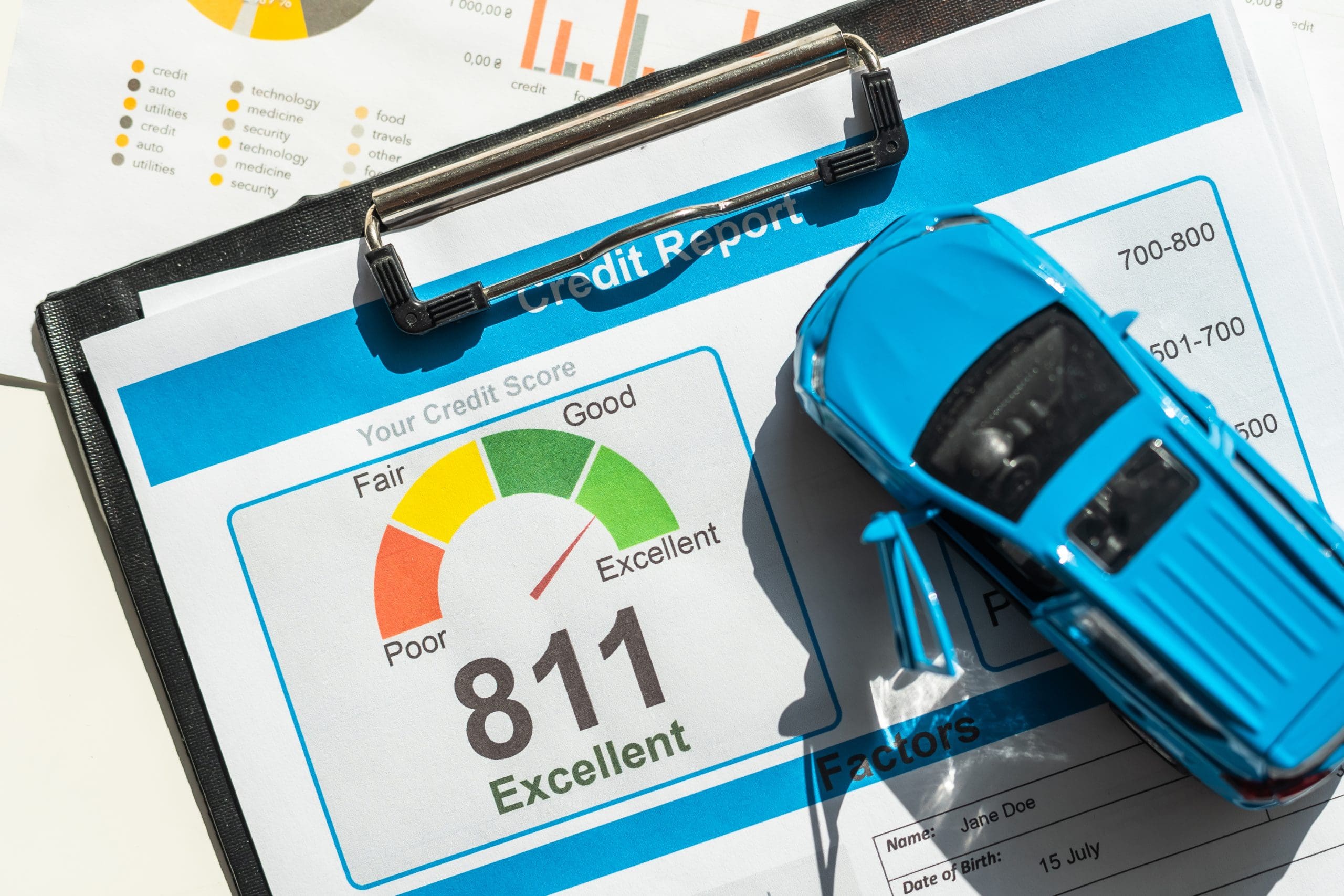When buying a car, financing plays a crucial role in the decision-making process. If you don’t have the cash to pay for the car upfront, you have two options: bank financing or dealership auto loans. It’s important to understand the differences between the two options to make an informed decision.
Dealer-arranged financing is similar to bank financing but with one significant advantage – the dealership takes care of everything for you. Instead of dealing with the paperwork and negotiations, the dealership manages the process for you. Once you’ve chosen the car you want to buy, the dealership will guide you through the credit application process and submit it to multiple lenders.
Dealership financing offers a quick and easy application process and is open to a wide range of credit scores. Whether you have a great credit score or a less-than-perfect one, dealerships can provide options. In fact, if you have a lower credit score, dealership financing may be a better option than traditional bank financing. Through manufacturer specials and rebates and by being more accessible to those with imperfect credit histories, dealership auto loans can be a great choice for anyone looking to buy a car.
In this guide, we’ll explore why opting for a dealership auto loan is the perfect fit for you. From simplified financing processes to potential perks and benefits, we’ll break down everything you need to know to make an informed decision about your next car purchase.
Convenience
When making significant financial decisions, convenience is often a top priority. Opting for a dealership auto loan can offer just that. Firstly, obtaining financing directly from the dealership can save you time and hassle. The streamlined process, with everything under one roof, from selecting your dream car to finalizing the loan paperwork, can help you skip the back-and-forth between lenders. You can focus on getting behind the wheel of your new vehicle sooner rather than later.
Competitive Rates
Dealerships have established relationships with various lenders, enabling them to negotiate competitive rates on behalf of their customers. This means you can benefit from lower interest rates compared to what you might find at traditional banks or online lenders. With lower rates, you’ll not only save money over the life of your loan but also enjoy more affordable monthly payments.
Special Promotions
Special promotions offered by car dealerships can be a game-changer, especially for individuals with less-than-perfect credit. Finding a bad credit car dealership that offers special promotions like bad credit auto loans guaranteed approval can open doors for those who have faced rejection elsewhere. These promotions can provide a lifeline to those who have struggled to obtain financing, offering a fresh start and the opportunity to rebuild their credit while driving away in a reliable vehicle.
Furthermore, special promotions often include enticing offers such as zero down bad credit car loans, which can significantly reduce the upfront costs of purchasing a car. For many buyers, especially those with limited funds or tight budgets, securing financing without making a down payment can make all the difference. By taking advantage of these promotions, individuals can overcome financial barriers and get behind the wheel of the car they need without worrying about coming up with a hefty down payment.
Flexibility
Dealerships have more relaxed eligibility criteria than traditional lenders. This makes it possible for people with different financial situations to obtain financing. Whether you have good credit, a not-so-great credit score, or are a first-time buyer, dealerships can offer loan packages that cater to your specific needs.
In addition, dealership auto loans come with various repayment options, which means you can customize your loan terms to suit your budget and lifestyle. Dealerships understand that everyone’s financial situation is different, so they offer different loan terms, such as the length of the loan and the size of monthly payments. Whether you prefer a shorter loan term to pay off your vehicle quickly or a longer term to keep monthly payments manageable, dealerships can work with you to find a solution that meets your needs.
Warranty Options
Dealerships frequently offer extended warranty plans that cover mechanical repairs and maintenance beyond the manufacturer’s standard warranty. These warranties can save you from unexpected expenses, ensuring your investment remains protected long after driving off the lot.
Moreover, dealership auto loans often include the option to bundle warranty packages with your financing, allowing you to spread out the cost of coverage over the life of your loan. This simplifies the process of purchasing a warranty and makes it more affordable by incorporating it into your monthly payments.
Access to New and Used Vehicles
Car dealerships provide a wide range of vehicles from various manufacturers, including the latest models, all in one place. This allows you to explore different makes and models conveniently. Whether you’re interested in purchasing a brand-new car or a pre-owned one that fits your budget, dealerships offer an extensive selection to suit every preference and need.
In addition, many dealerships offer certified pre-owned (CPO) vehicles that undergo stringent inspections and have extended warranties. This provides you with added peace of mind when buying a used car. You can be confident that you’re getting a reliable vehicle that has been thoroughly examined and maintained to meet high quality standards.
Final Note
Opting for an auto loan from a dealership comes with several compelling reasons, making it an excellent choice for car buyers. These include a streamlined process that is convenient for buyers, competitive rates negotiated by dealerships, access to special promotions, including those tailored for individuals with less-than-perfect credit, and flexible loan terms catering to diverse financial situations. Additionally, dealership auto loans offer warranty options for added protection and provide access to a wide range of new and used vehicles, including certified pre-owned models, ensuring buyers can find the right vehicle to suit their needs. Overall, dealership auto loans offer a comprehensive solution for financing a car purchase, making buying more accessible and hassle-free for consumers.
Looking for a “bad credit dealership” or “bad credit dealership near me “? Look no further than 800 Bad Credit! At 800 Bad Credit, we specialize in helping customers with less-than-perfect credit find the right car loan. With over 14 years of experience, our team has helped thousands of customers secure the financing they need to get behind the wheel of a quality pre-owned vehicle. Whether you’re looking for a “car dealership for bad credit” or “zero down bad credit car loans”, we’ve got you covered.
Our team will work with you to find the best financing options available so you can drive away in the car of your dreams. With millions of dollars in new and pre-owned inventory, we take the guesswork out of what to do next once you have an approval. So why wait? Visit 800 Bad Credit at 2620 Kietzke Lane, Reno, Nevada, 89502, or apply through our website. Let us help you get behind the wheel of a quality pre-owned vehicle.









